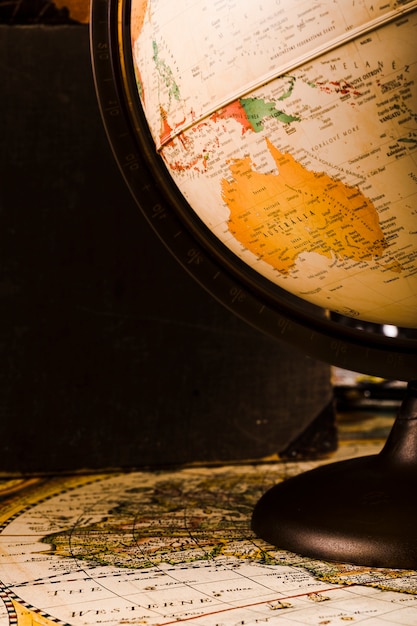Fascinating Facts about the First Continental Congress

The first Continental Congress was held in Philadelphia in 1774.
It was a gathering of delegates from twelve of the thirteen British colonies.
The goal of the congress was to voice the grievances against the British government.
George Washington was one of the famous delegates who attended.
The congress discussed issues such as taxation without representation.
Many of the delegates were opposed to the British Intolerable Acts.
The congress lasted for 7 weeks.
The delegates drafted a set of resolutions known as the Continental Association.
The Continental Association called for a boycott of British goods.
The congress established the Association’s committees to enforce the boycott.
The First Continental Congress was a precursor to the American Revolution.
It marked the first major unified action taken by the American colonies against British rule.
The congress paved the way for the Declaration of Independence.
Some notable delegates included John Adams, Samuel Adams, and John Jay.
Peyton Randolph served as the president of the congress.
Discussions were heated and passionate during the congress.
The congress created a list of rights and grievances against the British Crown.
The congress prepared a petition and sent it to King George III.
The petition requested the repeal of oppressive laws and taxes imposed by the British government.
Fascinating Facts about the First Continental Congress part 2
The congress vowed to support Massachusetts in its resistance against British military occupation.
The delegates debated strategies for resistance against British rule.
Many colonies sent experienced political leaders to the congress.
The congress established a sense of unity among the colonies.
The delegates were aware of the risk they took by opposing the British government.
The congress set the stage for the Second Continental Congress, which declared independence from Britain.
The Continental Congress was viewed as a radical group by the British government.
The congress had a direct impact on the American Revolution.
The congress played a crucial role in shaping the future of the United States.
The congress marked a turning point in the relationship between the colonies and Britain.
The delegates discussed the possibility of armed resistance against the British.
The congress had delegates from both urban and rural areas.
The congress considered economic implications of boycotting British goods.
The congress established a committee to communicate with sympathetic British citizens.
The congress united the colonies against a common enemy.
The congress showed a determination to defend colonial rights.
Some delegates hoped for a peaceful resolution with Britain.
The congress provided a platform for colonial leaders to voice their concerns.
The congress sparked debates over the future governance of the colonies.
The congress discussed the issue of representation in British Parliament.
The congress emphasized the importance of colonial self-governance.
The congress addressed the British government’s infringement on colonial liberties.
The congress inspired colonists to take further actions against British rule.
The congress encouraged local committees to enforce the boycott of British goods.
The congress marked a step towards breaking away from the British Empire.
The first Continental Congress set a precedent for future gatherings of colonies to address common concerns.